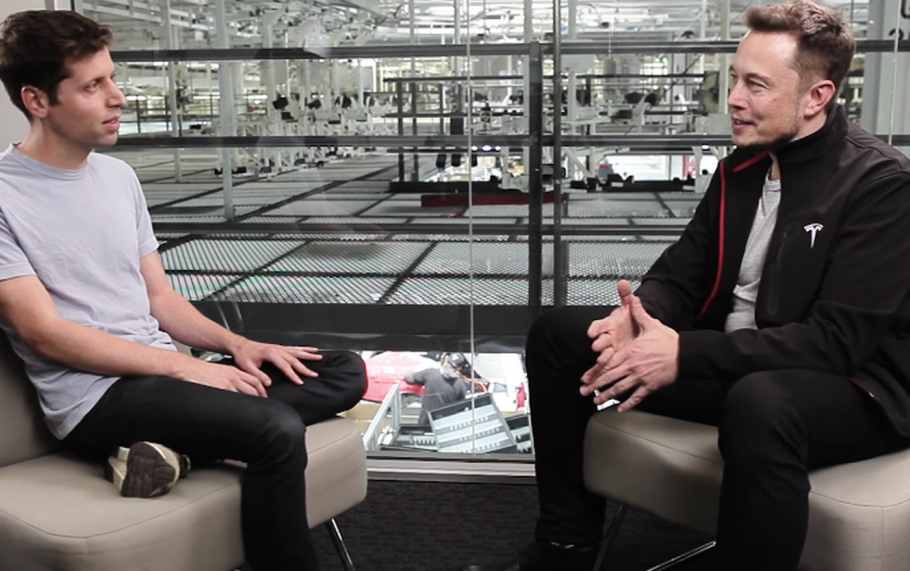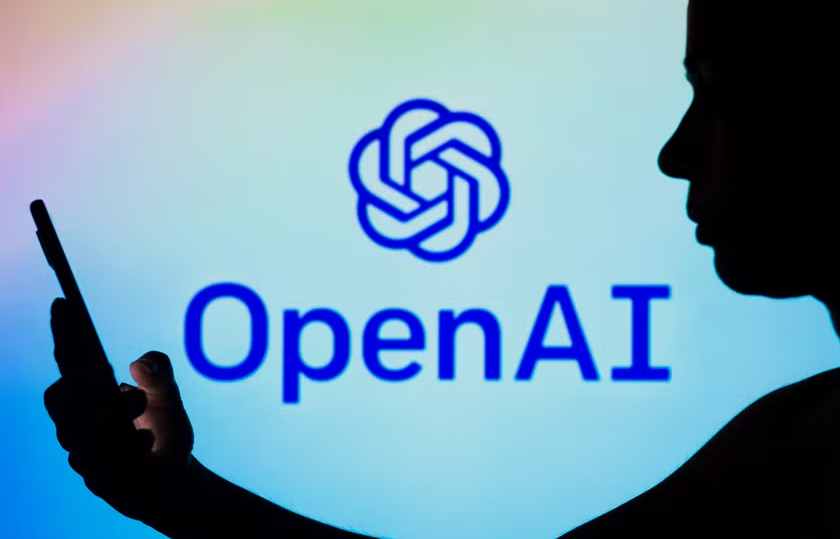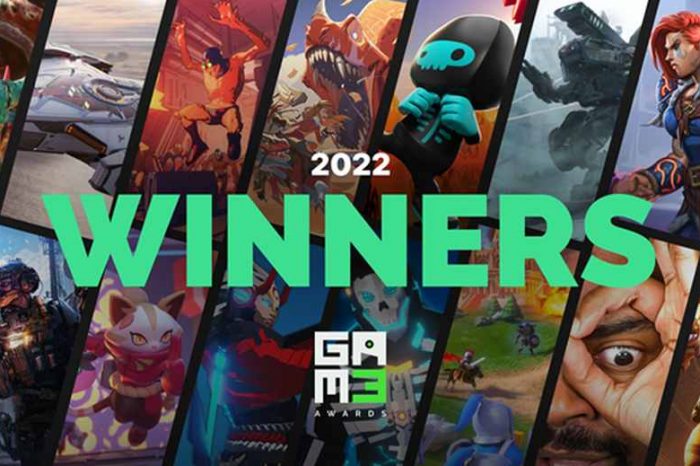OpenAI, the maker of the popular ChatGPT founded by Elon Musk and Sam Altman, projects $1B in revenue by 2024

It’s been called a Google killer. ChatGPT is the new chatbot-powered AI is the latest from the Elon Musk-founded independent research body OpenAI foundation. ChatGPT took the internet by storm as thousands of users rave about the dialogue-based AI chatbot on social media platforms.
Just five days after launch, the OpenAI’s chatbot which does almost everything from writing codes, and telling stories to engaging in conversations, crossed one million users, according to a Twitter post by Open AI co-founder Sam Altman.
OpenAI released the much-anticipated prototype general-purpose ChatGPT on December 1. The mind-blowing ChatGPT is a dialogue-based AI chat interface and a successor to the Generative Pre-trained Transformer 3 (GPT-3), which is an autoregressive language model that uses deep learning to produce human-like text.
Since its release, tech experts and medical professionals couldn’t stop talking about it as they put it to the test. Some have gone as far as saying that ChatGPT will kill businesses that don’t change. A medical doctor from Florida even shared a video of how he was able to use ChatGPT to collect medical information in an insurance denial case. ChatGPT has also been dubbed the next stethoscope.
https://twitter.com/StuartBlitz/status/1602834224284897282
ChatGPT is currently free to use. However, with all the excitement surrounding ChatGPT, the question many are asking is: How will OpenAI make money from ChatGPT? This is a question that co-founder Altiman has anticipated. In a post on Twitter, Altman said the company will at some point charge people to use the chatbot.
“We will have to monetize it somehow at some point; the compute costs are eye-watering.”
we will have to monetize it somehow at some point; the compute costs are eye-watering
— Sam Altman (@sama) December 5, 2022
It appears the company is on a path to profitability. According to an exclusive report from Reuters, three sources briefed on OpenAI’s recent pitch to investors told the publication that the research organization expects to make $200 million in revenue next year and $1 billion by 2024. The sources also told Reuters that the forecast shows the underlying technology behind ChatGPT will go far “beyond splashy and sometimes flawed public demos.” However, a spokesperson for OpenAI declined to comment on its financials and strategy.
We covered OpenAI three years ago after Microsoft invested $1 billion in the organization. As part of the multi-year agreement reached, the two companies will work together to bring supercomputing technologies and OpenAI will run its services exclusively in Microsoft’s cloud.
Through the partnership, the two companies will accelerate breakthroughs in AI and power OpenAI’s efforts to create artificial general intelligence (AGI). The resulting enhancements to the Azure platform will also help developers build the next generation of AI applications. With the partnership, Microsoft and OpenAI will jointly build new Azure AI supercomputing technologies.
When asked recently about ChatGPT and if Microsoft viewed ChatGPT technology as experimental or strategic, its President Brad Smith told Reuters that AI has progressed faster than many predicted.
“We’re going to see advances in 2023 that people two years ago would have expected in 2033. It’s going to be extremely important not just for Microsoft’s future, but for everyone’s future,” he said in an interview this week.
Founded in late 2015 by Elon Musk and Sam Altman, the San Francisco-based OpenAI is a for-profit startup conducting research in artificial intelligence (AI) with the goal of promoting and developing friendly AI in such a way as to benefit humanity as a whole. OpenIA aims to “freely collaborate” with other institutions and researchers by making its patents and research open to the public. Both founders are motivated in part by concerns about existential risk from artificial general intelligence.





